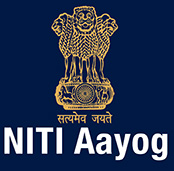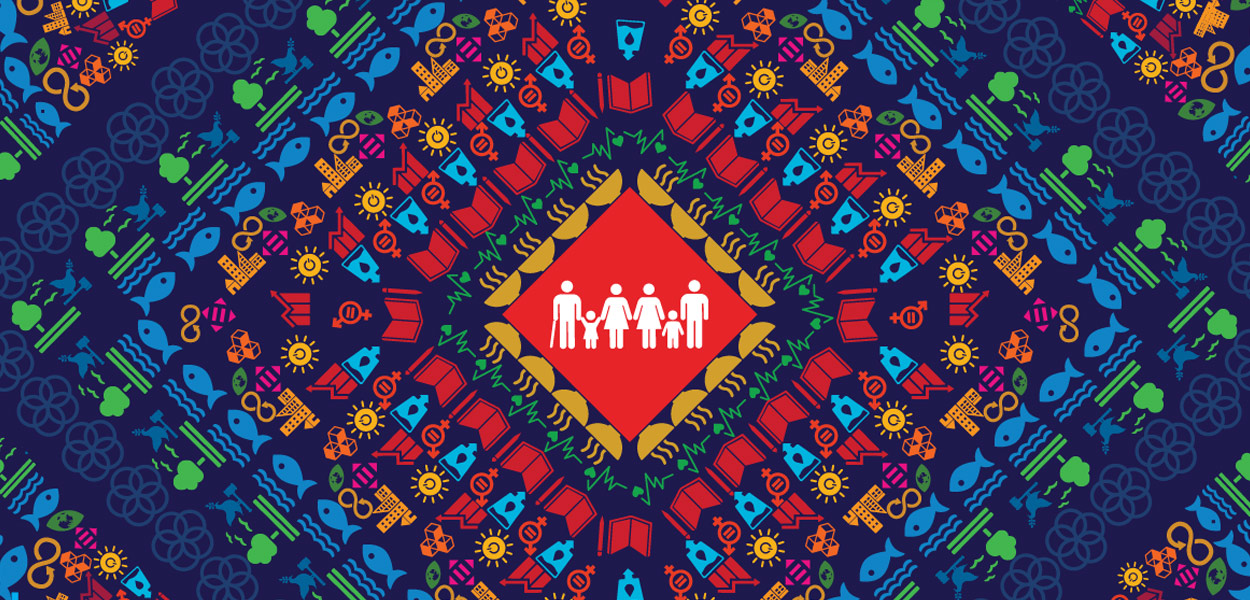President Erdogan,
Excellencies,
I thank President Erdogan and Turkey for their warm hospitality and excellent arrangements in this beautiful setting of Anatalya.
We gather as G20 to build a prosperous future for the world.
Today, we meeting the tragic shadow of dreadful acts of terrorism,united by a sense shock, pain and outrage.
We are united in condemning the barbaric attacks in Paris this week; and, the recent bombings in Ankara and Lebanon. We share the sorrow of Russia for the lost lives in the fallen aircraft in Sinai.
These alone are a stark reminder of the dark force we face– larger than specific groups and particular targets and territories.
It is a major global challenge of our times. It not only takes a tragic toll of lives, it also extracts a huge economic cost and threatens our way of life.
It calls for a comprehensive global response. Combating it must be major priority for G20.
I thank Turkey for scheduling a session on this challenge.
Excellencies, we are herein this session to discuss two other major global challenges– development and climate change.
This year is a milestone.The United Nations turned 70.We have adopted the Sustainable Development Goals at the United Nations. We are days away from charting a sustainable future for our planet.
Excellencies,
The SDGs area comprehensive set of goals that places complete elimination of poverty in the world by 2030 as its top goal. And, it creates the right balance between growth,development, human welfare and environment.
G20 must align itself with the SDGs. In doing so,we will also stimulate faster and a more broad-based economic growth.
Excellencies,
India’s development goals are aligned with the SDGs.
We are promoting growth and investing in skills to create employment for our youth;increasing the pace and quality of infrastructure expansion;and, investing in making far more productive and resilient.
We have the world’s largest financial inclusion programme. And, we have definite target dates for meeting all the basic needs of our people.
Through bold economic and governance reforms, we have achieved a growth rate of nearly 7.5% with strong prospects for a higher growth rate in the near future.
Given our size and scale, India can become a pillar of global growth and stability.
Excellencies, We in India don’t see development and climate change as competing objectives. This is centered on the belief in the unity of humanity and Nature.
We have ambitious plans for addressing the challenges of climate change.
This includes additional capacity of 175 GW of renewable energy by 2022;
cut in subsidies on fossil fuel and tax on coal; and, National Clean Energy Fund of US$3 billion to promote clean technologies.
With our highly ambitious/Intended Nationally Determined Contributions (INDCs),India would remain in step with the world.
We look forward to a concrete outcome in Paris within the framework of the UN Convention on Climate Change. The framework has an appropriate balance of collective action: Equity and Common but differentiated responsibility and respective capabilities.
At G20,we can play an effective role in supporting the multilateral goals of increasing research and development to develop affordable renewable energy. We should also ensure that finance and technology is available to meet the universal global aspiration for clean energy.
We must meet the target of US$100 billion goal per year by 2020.
G20 countries should increase the share of traffic on public transportation in cities by 30% by 2030.
We should shift from “carbon credit” towards “green credit”.
When we speak of targets, we must not only reduce the use of fossil fuel, but also moderate our life style.
Development in harmony with nature is the goal of my proposal to launch, along with the French President Hollande, an alliance of solar-rich countries at the time of COP-21 meeting.
Excellencies, let me conclude with a few points on development.
We are still short in our efforts to fulfill our last year’s commitment to raise our collective GDP by an additional 2% by 2018.
I propose that we consider how G20 can build support systems that focus on countries with maximum growth potential, help address specific bottlenecks there and facilitate implementation of country strategies.
G20 must continue to focus on infrastructure, as we did In Brisbane in 2014.
Clean energy and environment friendly infrastructure will address both development and climate change.
Bridging the current gap in infrastructure finance in the developing countries should remain our key priority.
I am happy with the focus on small holders and food losses in the G20 Action Plan on Agriculture.
Remittances are a key source of income for households and support for the economy in developing countries. We should define a target date before 2030 to reduce the high costs of transferring remittances.
I look forward to fruitful discussions and substantive outcomes.
Thank you !
 National Portal Of India
National Portal Of India 







